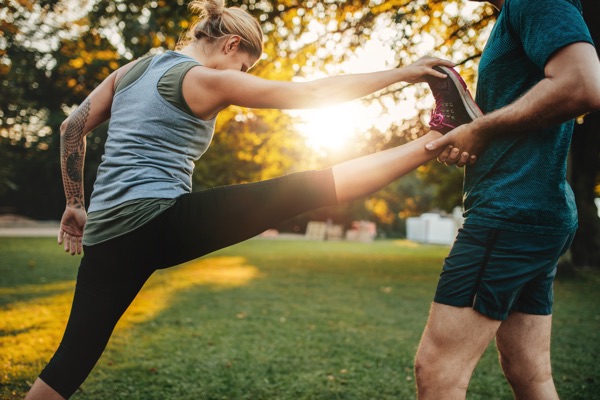
Frequently asked questions What is functional re-education? Functional reeducation (EF) is a physical exercise program, complementary to physiotherapy that helps return to the practice of sports in the shortest time possible in a healthy environment. When do you start with functional re-education? During the rehabilitation process following a sports injury (or as treatment of acute or chronic injuries), a customized physical exercise program is designed for each person and led by a personal trainer. The individual program is applied and determined by a TMEH medical team expert who is also responsible for monitoring evolution. Who is the re-education program headed for? The functional re-education program is aimed at patients who have successfully completed a rehabilitation cycle and require an effective reincorporation of the sport in a healthy environment or as an alternative to traditional training programs. Who coordinates the program? The team of specialists formed by Drs. Aleix Vidal, Ignacio Muro, Juan Sarasquete and David Roca form a highly qualified group with dedication to sports traumatology and minimally invasive surgery. Located in Teknon Medical Center (Barcelona), TMEH specialists have extensive experience in the treatment of sports injuries: shoulder, knee, hip surgery and functional re-education. How is the program structured? The functional training program is structured in 4-week periods, with a variable number of weekly sessions (1 to 4) and sporadic visits for medical evaluation. The effectiveness of the program is based on:
- Specificity: the exercises are aimed at improving specific skills of the sport practiced.
- Integration: the program combines and integrates flexibility, balance, strength and resistance exercises.
- Proprioception: Balance control is crucial for any sport. A good proprioception allows better transfer of strength and better technical execution.
- Progression: the program progressively increases the load, improving muscle strength but at the same time also progresses the speed with which the exercises are executed so that the movements are more similar to the sport practice.
- Personalization: the program is personally designed. The pace of the exercises and the progression of the program is adapted to each individual’s possibilities.


